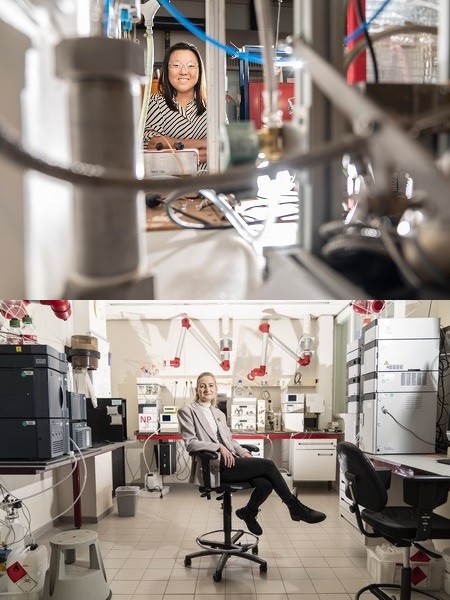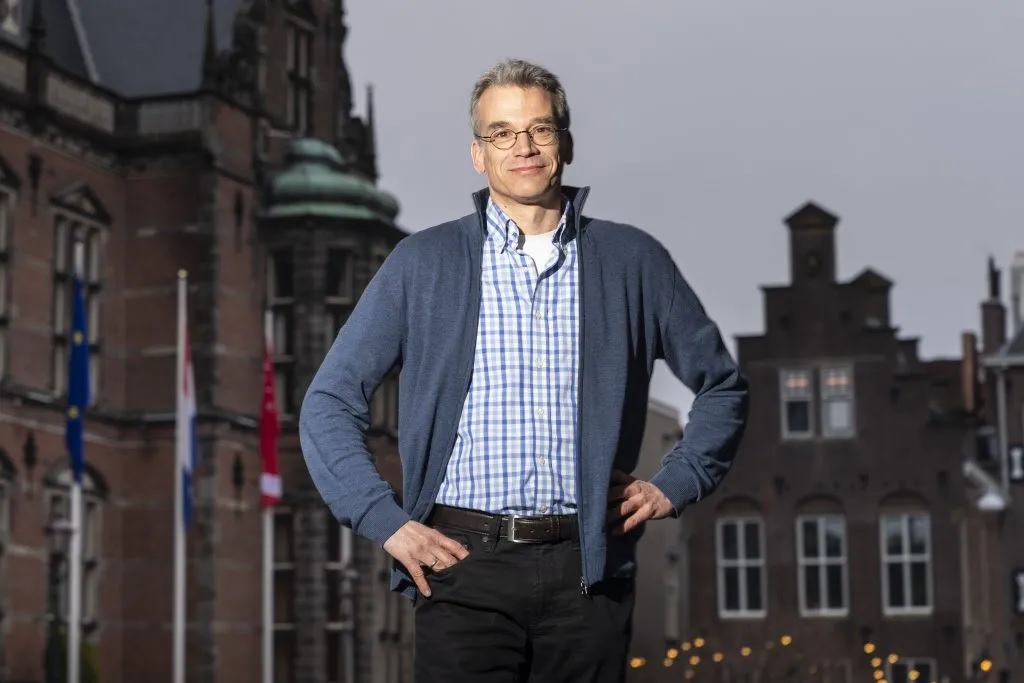From greenhouse gas to cheese or kerosene
'Let the Dutch government quickly commit to removing the greenhouse gas carbon dioxide from the atmosphere, then storing it for a long time.' The Dutch Scientific Climate Council wrote this in an advisory report last week. Researchers at the University of Groningen already like to use the carbon dioxide produced by factories as a raw material for something else, such as cheese or kerosene.

Jingxiu Xie wants to convert carbon dioxide from the smokestack of Tata Steel or a power plant into kerosene through a number of steps. Her colleague Sandy Schmidt uses a special soil bacterium that can feed on such waste gases, turning them into building blocks for proteins. These are useful for the production of animal feed, vegan cheese or drugs.
Such techniques, of course, do not remove carbon dioxide from the atmosphere on a long-term basis, but they replace fossil raw materials that are responsible for substantial greenhouse gas emissions. In doing so, they still reduce total emissions and are a stepping stone to a closed carbon cycle.
Last year, University of Groningen professor of biochemistry Matthias Heinemann was one of the initiators of a consortium that wanted to further develop this type of technology in cooperation with industry. Heinemann: ‘We will continue to develop and apply technology to make products from carbon dioxide. The subject is an excellent opportunity for the Netherlands, and necessary for a net-zero society.'
The Scientific Climate Council's advisory report can be found here .

More news
-
29 January 2026
Microplastic research - media hype or real danger?
-
27 January 2026
ERC Proof of Concept grant for Maria Loi
